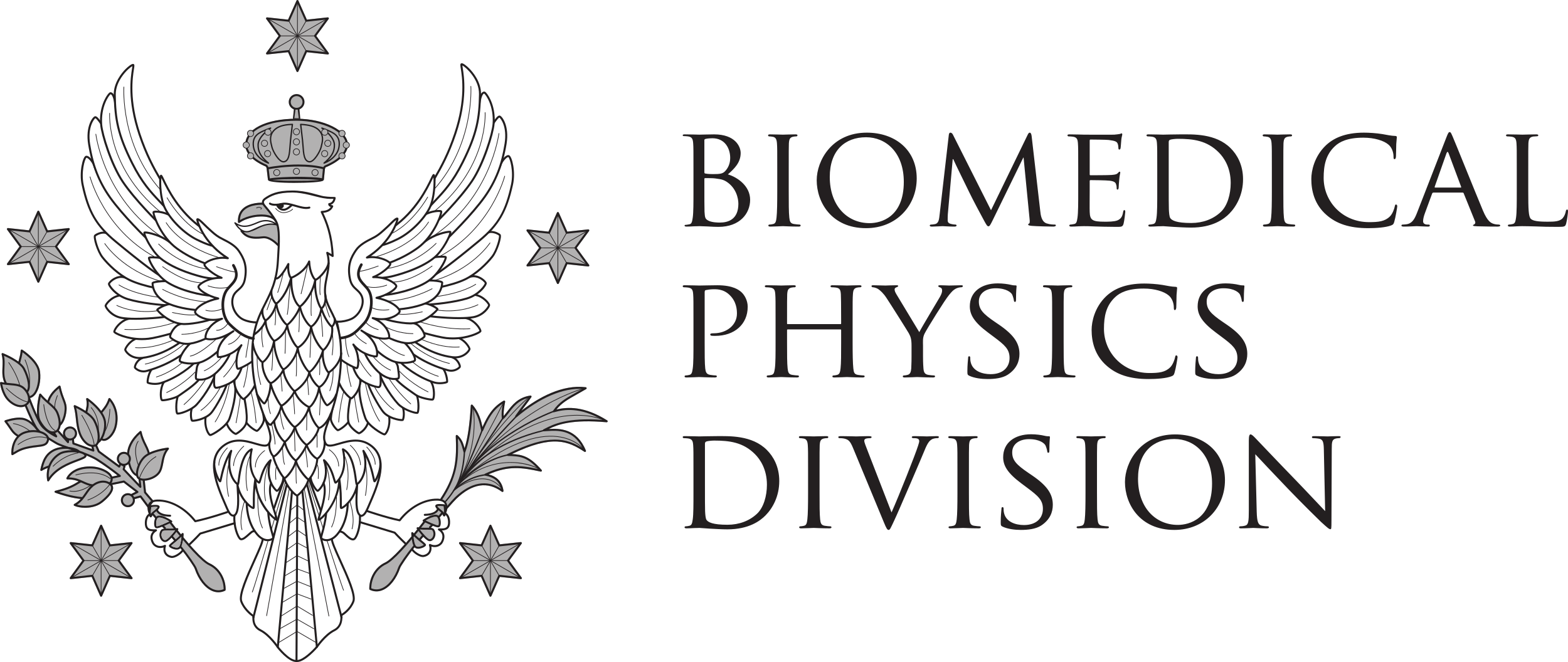Physical and biological range uncertainties in proton and ion beam therapy, A. Ruciński, IFJ PAN
2017-04-063D printing in radiotherapy, D. Aksamit, PW
2017-04-20Radiation Oncology is a highly personalized field of medicine. However, the given dose of radiation is not adapted to the tumor biology of the individual patient but is based on population based studies. To further personalize radiation oncology, tumor biomarkers are needed. Biomarker based on medical images have the advantage compared to tumor biopsies that they image the entire tumor and are non-invasive.
Radiomics is defined as the use of quantitative image analysis algorithms for calculation of a comprehensive set of image biomarkers. Altogether, radiomic features provide much more information about a region of interest than the mean or maximum intensity values, generally used in clinical medicine. These radiomic features can be used for outcome prognosis , for correlation to the tumor biology and for the adaption of the therapy to the patients individual tumor biology
The aim of this project is to establish and to use comprehensive radiomics analyses in CT and FDG-PET images for outcome modelling in treatment of lung cancer. Prior to all image analyses, the radiomics algorithms will be evaluated regarding their robustness against non-standardized image acquisition and image reconstruction parameters. In addition, a model for quantification of loco-regional tumor spread will be established and its prognostic and predictive value will be compared to the conventional staging system. Machine learning algorithms will be established (in collaboration with computer vision laboratory at ETH Zurich) to correlate the large amount of radiomics biomarkers with clinical outcome parameters.
We are looking for a motivated PhD candidate with:
- a strong background in physics, computer science, applied mathematics, engineering, or a related field;
- programing experience (knowledge of Python or Matlab is an advantage);
- preferably experience with image analysis and outcome modelling;
- some experience with radiotherapy and DICOM standard (advantageous);
- fluently in English, both in writing and speaking;
- an independent and practical personality and ability to take initiatives.
PhD candidates will be enrolled at the science faculty at the University of Zürich UZH and will work in the radiation oncology department at the University Hospital USZ. Zürich offers an attractive environment for medical physics research, including the Paul-Scherer Institute for Proton therapy and diverse of research groups at ETH, UZH and USZ.
Please contact Dr. Stephanie Tanadini-Lang to apply or to obtain further information.
